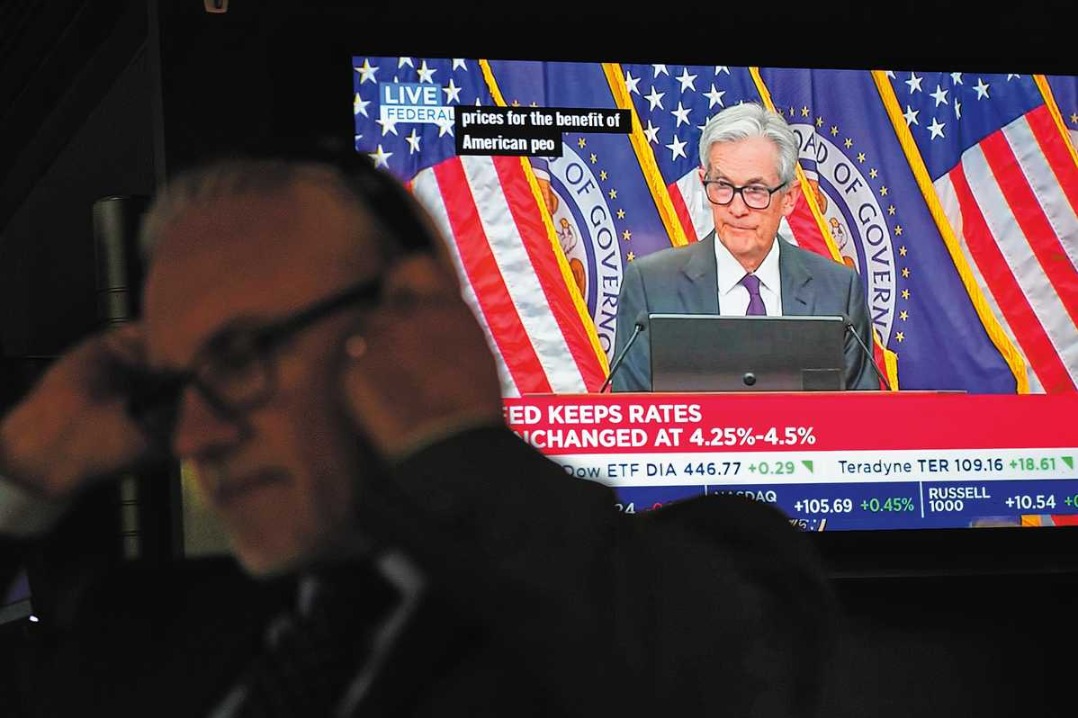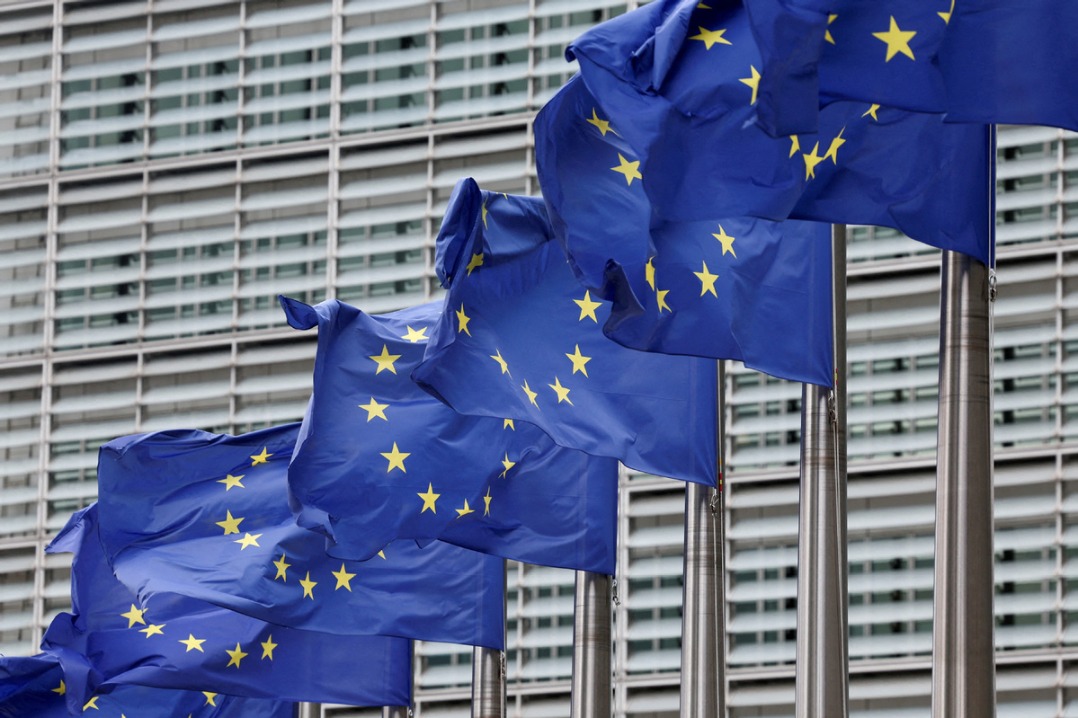UK voters long for an authoritarian leader


After months of Brexit in decision, Britons have warmed to the idea of a decisive prime minister, such as Margaret Thatcher or Winston Churchill.
The Hansard Society says the latest installment of its long-running survey of political attitudes in the United Kingdom found Britons favor a strong, authoritarian leader who ignores Parliament.
The report released on Monday found public faith in the existing political system to be at its lowest level for the 16 years that the society has carried out the annual review.
The group's director, Ruth Fox, said people have become more skeptical about politics and believe the system is rigged in favor of elites, opening them up to radical alternatives.
"Preferring a strong leader who is willing to break the rules, or thinking that the government should be able to tackle the country's problems without worrying about the approval of Parliament, would challenge core tenets of our democracy," she told The Guardian. "The public feels strongly that the system of governing favors the rich and powerful and that political parties don't care about the average person."
She said the survey also suggests people do not think politicians always act in the public interest.
"Unless something changes, this is a potentially toxic recipe for the future of British politics," she added.
For the report, Ipsos Mori conducted face-to-face interviews with 1,198 people who were selected and weighted to represent the general population.
This year, the percentage of people who said the system of governing needed "quite a lot" or "a great deal" of improvement rose by five points, to 77 percent, the highest level recorded.
The Hansard Society, which was founded in 1944, is a research and education charity that claims to be the UK's leading source of independent research and advice about Parliament and parliamentary affairs.
When asked whether "Britain needs a strong ruler willing to break the rules", 54 percent said it does. Only 23 percent said it does not. A surprising 42 percent said many national problems could be dealt with more effectively "if the government didn't have to worry so much about votes in Parliament". And 56 percent of those surveyed said Britain was in decline and that they felt powerless to help. Some 47 percent said they engaged in politics but did not feel their voice was being heard.
And 63 percent complained that Britain's political system was rigged to favor the rich and powerful.
Hope Not Hate, an organization that monitors extremist groups, said a post-Brexit economic downturn could push such attitudes to the extreme, leaving the UK "fertile ground for a far-right populist surge".
Ironically, frustration about Brexit – Britain's pending exit from the EU – has not only reflected badly upon politicians. When asked whether more decisions should be taken with the help of a referendum – the method employed in 2016 by which UK voters narrowly decided to leave the EU – only 55 percent said yes as opposed to 76 percent who supported the idea prior to the 2016 poll.
































